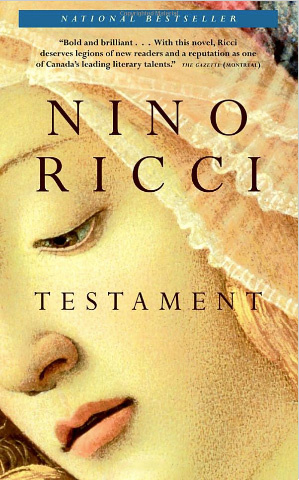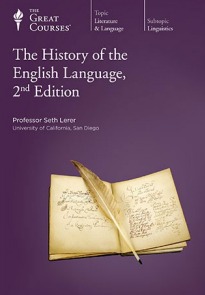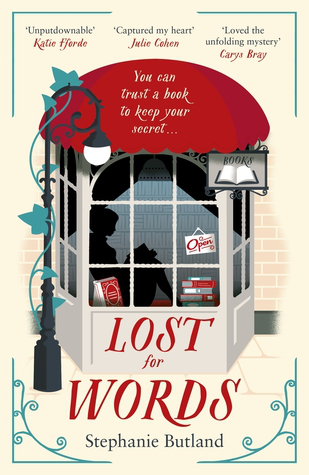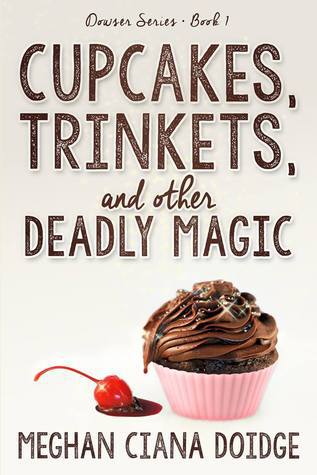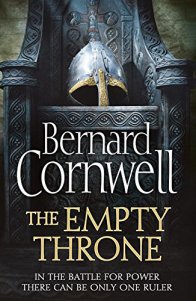 4 of 5 stars
4 of 5 stars
Series: The Last Kingdom 8
My version: Hardback
Historical Fiction England, Vikings
Harper Collins
2014
Bought, signed
England is fractured, torn apart more by internal fighting than the threat of Viking invasion. The ruler of Mercia is dying, leaving no legitimate heir. His wife is a formidable fighter and great leader, but no woman has ever rules over an English kingdom. And she is without her strongest warrior and champion, Uhtred of Bebbanburg. So the scene is set for an explosive battle between elders and warriors for the empty throne.
The vacant throne leaves a dangerous opportunity for the rival West Saxons to seize Mercia. But Edward of Wessex is distracted by the succession of his own throne, with two heirs claiming the right to be West Saxon king. And while the kingdoms are in dissarray, the Vikings, this time coming from the west, will go on the rampage once more.
The very future of England hangs in the balance. A hero is needed, a hero who can destroy the threat to Mercia, a hero who will ultimately decide the fate of a nation…
It’s all very well, in the blurb there, saying ‘the very future of England hangs in the balance.’ But the pedant in me needs to point out that England didn’t exist at this point. So it had no future. The futures of Wessex, Mercia and Northumbria might include the formation of England, but as England didn’t exist, it can have had no future. There…
It does, I’d say, point out that the publishers felt that the above situation needed simplifying and history itself needed altering for their market though. Usually, that is covered by the author at the end, showing where he/she has glossed over a few inconvenient truths, but I suppose that an afterword is too late if you’re trying to get the GP to read it. Plus, it’s surely a hard sell, the eight book in a series, if you’re not already captured and have read the previous seven?
But, on with the show.
Uhtred, the elder, has always been Cornwell’s voice of the working man. What they are thinking, because to say things as cynical as he does aloud, would surely have be a death sentence to the man in the field, covered in pig-shit. So, as paganism is forced out by Christianity, Uhtred is the voice of what most – before they said ‘ok, for a quiet life, I’ll go with the flow‘ – were probably thinking. A feeling of ‘why can’t they leave well alone?’ comes over as well. The religious angle of the period has been done to death in Historical Fiction, I feel, so it is actually good that BC does seem to keep it down.
Uhtred, the elder, is a miserable, pessimistic bastard. Always has been. Not just because of the injury he had in the previous book, and carries into this book. This, for Cornwell, is why he uses the ‘Wydr bi∂ ful äræd’ business all the time. What can you do? Having the feeling you have no control over anything, or that something else has already determined everything you can or cannot do, must be irritating, it’d depress me. But to have Uhtred so Hardy Ha-Ha, the depressed hyena so much during this series, is just as depressing.
Then there’s ‘How to tell it’s by Bernard Cornwell.’ The single line, usually at the end of a section within a chapter, or the end of a chapter, beginning with “And…” You see, when I was young, we learned that that was forbidden, only to be found in Advertising copy. But Bernard-baby has got it to a trademark. Don’t believe me? Well, if you have the hardback, check on page 36, 66, 75, 81, 119, 131, 139, 155…before you get bored. It’s not as irritating as Mr Riches’ ‘raised eyebrows’ or pursed lips, but still, as the Grand Old Man of Hist Fic, we should expect better.
Plus, he, like the ‘greatest living Viking author’, thinks the days were always wet, stormy – rain-filled at the very least. That, Uhtred’s depressed hyena impression and the constant ‘iron grey’ or was it ‘slate-grey’? or similar skies, make long stretches of this as boring as it sounds. Too much if this then maybe that and then ‘o I’ve been a fool!’ and you wonder who exactly is the fool, me or Uhtred?
Otherwise, it’s standard BC fare. Neither outstandingly good, or bad. The interesting point , is the promotion of Æthelflæd to Queen of the Mercians (My home area!). I saw this as BC commenting on the equality struggles women are still having (unbelievable, eh?), thanks to Christianity. Here, we are at a point where Christianity still hadn’t quite beaten Paganism out entirely and begun on the almost total subjugation of women, so that it is Uhtred, a Pagan, who champions her and gets her in, is, I feel, significant. Showing that Pagans and Vikings saw women as being pretty much equal – see also the recent theory that women came on the trips of Vikings and were even warriors themselves – that it was the Christian church and religion in general that said the opposite. Insecure men, even covered in tattoos and arm-rings and all that.
It’s good, but not great.
You can buy The Empty Throne at Booksplea.se
Related reviews on Speesh Reads:

Advertisements Share this:


